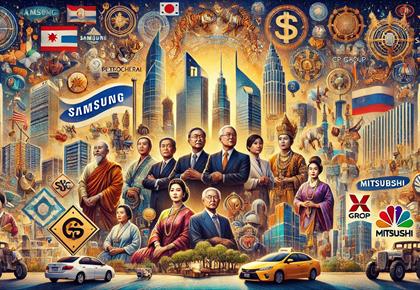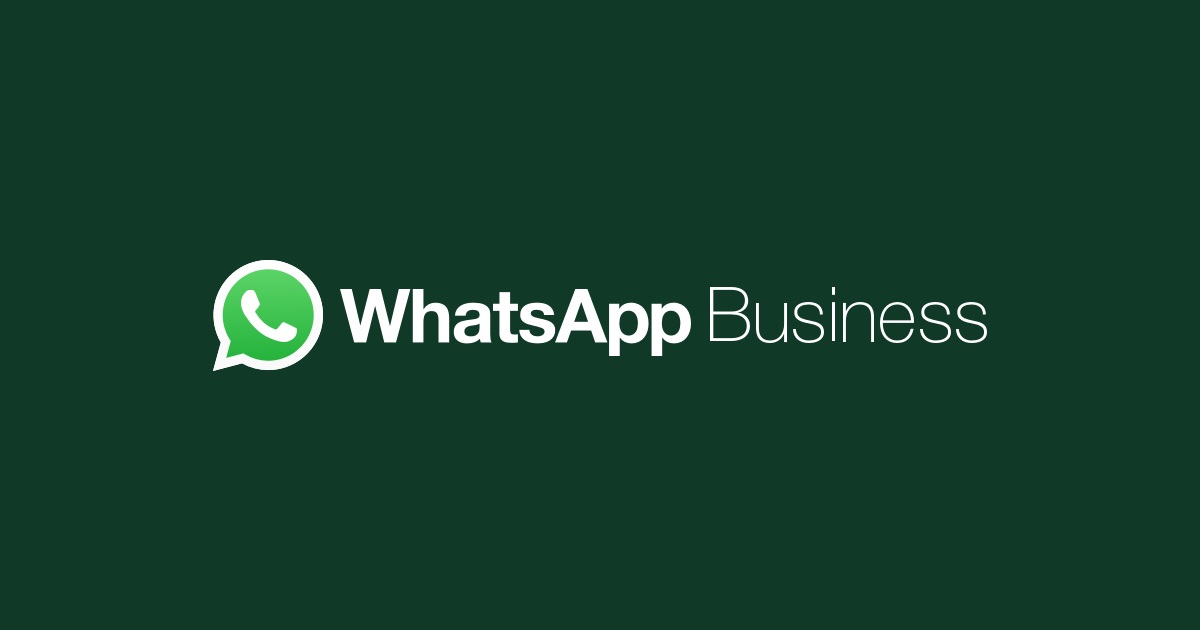WhatsApp Business
This is the primary revenue source for WhatsApp. Launched in 2018, WhatsApp Business is designed for small and medium-sized businesses. It allows businesses to interact with customers, provide customer support, and sell products and services directly through the platform.While the app is free for most users, businesses are charged for certain services, like sending notifications to customers.
WhatsApp Business API
Aimed at larger companies, the WhatsApp Business API lets businesses integrate WhatsApp messaging with their own systems. Businesses are typically charged per message, making this a significant revenue stream for WhatsApp.This API enables automated responses, mass messaging, and customer engagement at scale.
Previous Subscription Model
Before its acquisition by Facebook in 2014, WhatsApp used a subscription model, charging users a small fee (about $1 per year) after the first year of free use.However, this model was discontinued to grow the user base and remove barriers for users.
Future Plans for E-Commerce and Payment Services
WhatsApp has been exploring e-commerce and payment services as potential revenue streams.In some countries, like India and Brazil, WhatsApp has already rolled out payment features, allowing users to send money through the app.
Potential Future Monetization Strategies
There is ongoing speculation about other monetization strategies WhatsApp might employ in the future, such as introducing more advanced business tools, e-commerce features, or other value-added services.
Asia’s ‘Rothschilds’ revealed: Meet the dynasties whose legacies are shaping global markets and rewriting history.

Nepotism or Genius? 🤔 Inside the Lives of Bernard Arnault’s 5 Kids Running the World’s Biggest Luxury Empire

How did a missing Super Bowl clip inspire the creation of YouTube? From a simple dinner party question to a global video-sharing giant. Discover the story of YouTube's creation and how its founders are shaping the future of tech.

Bernard Arnault, the mastermind who redefined luxury. From just a vision to becoming a powerhouse in the fashion world, Arnault's journey is nothing short of inspiring. Get ready to uncover the story of a man who not only built an empire but also changed the way we see luxury and style!

Explore the path to success of Shopify, the e-commerce platform empowering businesses to thrive online.

The remarkable story of two Chinese brothers who turned a humble tea shop into a billion-dollar empire.

